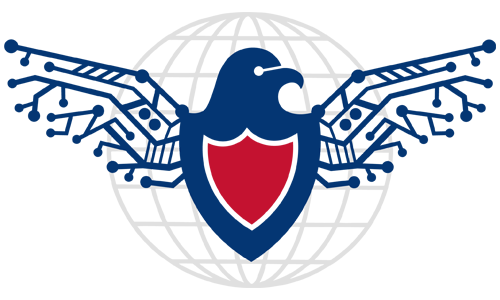Political Economy of Latin America
Course Number: 84-608
For most of its history, Latin America has been home to political and economic experiments. Revolutions, coups, military dictatorships, democratic and authoritarian regimes have coexisted with dramatic oscillations between economic policies regarding the size and functions of the state and the role of the market. Governments have experimented with a range of strategies to attain development, using the region as a laboratory of politico-economic theories. In this course, we will examine how the complex relationship between politics and economic policies helps us to explain the current level and range of economic development in the region. The course is divided into three main sections. The first part will focus on Latin American history from its conquest to the end of the First World War (1492-1918). The second portion will cover the aftermath of the First World War to the end of the Cold War. The third segment will center on the macro processes that have characterized the region since 1990, with an emphasis on the existing challenges to democratic and economic consolidation. In a final paper, students will discuss how current events connect to the region's historical complex marriage between politics and economics. Students will be encouraged to submit their papers to appropriate academic outlets.
Required/Elective: Elective
Units: 6
Location(s): Pittsburgh
Learning Objectives
In the last two centuries, Latin America has been home to political and economic experiments. In this course, we will examine how political actors and market forces have influenced policy-making in the region, and the consequences of policy choices. Doing so will help us understand the different levels of economic and democratic development in Latin America and illuminate the consequences of the interaction of states and markets.
Course Goals:
1. Evaluate how severe economic crises impact national political processes.
2. Explain which political factors have impeded a steadier regional development in terms of economic progress, social peace, wealth distribution, civil liberties, and political rights.
3. Identify the main political and economic challenges that Latin America currently faces and understand them in their historical context.
4. Discuss the extent to which the interdisciplinary study of Latin America is necessary to understand the region's development.

